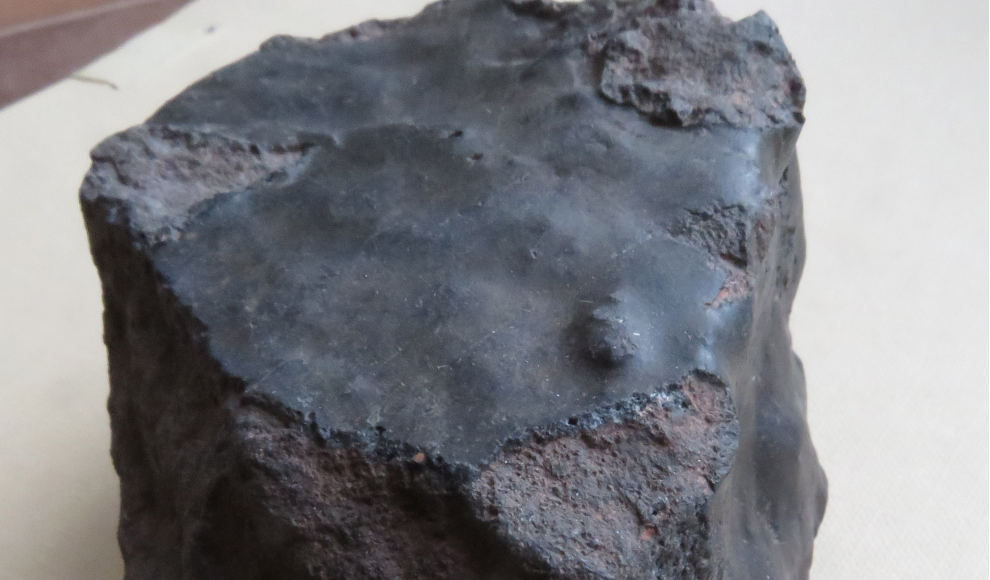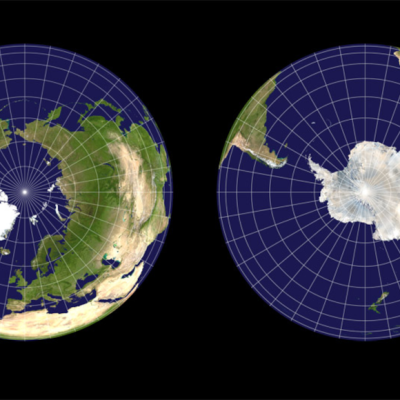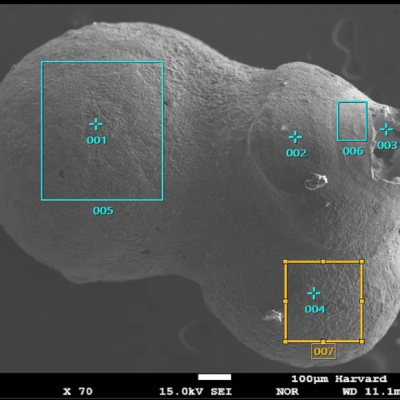In a groundbreaking discovery, scientists from the French research center CNRS have presented the first meteorite that originated from Earth. The 646-gram meteorite, named NWA 13188, was found in Morocco and analyzed by the team led by Jérôme Gattacceca. The composition of the rock matches that of Earth’s volcanism, but the clear fusion crust indicates that it glowed during its flight through the atmosphere. The researchers also found high concentrations of isotopes Beryllium-10, Helium-3, and Neon-21, which can only be explained by cosmic radiation bombardment over 10,000 years. This finding rules out the possibility of human-made forgery, leading the team to conclude that the meteorite came from Earth.
The scientists speculate that NWA 13188 was either ejected into space by a powerful volcanic eruption or the impact of another meteorite. It then traveled through the universe before crashing back onto Earth. Further analysis will be conducted to determine the exact age of the meteorite. However, some experts in the field have criticized the claim, stating that extraordinary claims require extraordinary evidence. Geologist Philippe Claeys argues that the presented data is not sufficient to support the assertion that NWA 13188 is the first meteorite from Earth.
Despite the criticism, the discovery of NWA 13188 is a significant breakthrough in the field of meteorite research. It provides valuable insights into the geological history of our planet and the processes that shape our universe. The findings also highlight the importance of continued exploration and study of meteorites to deepen our understanding of the cosmos.










